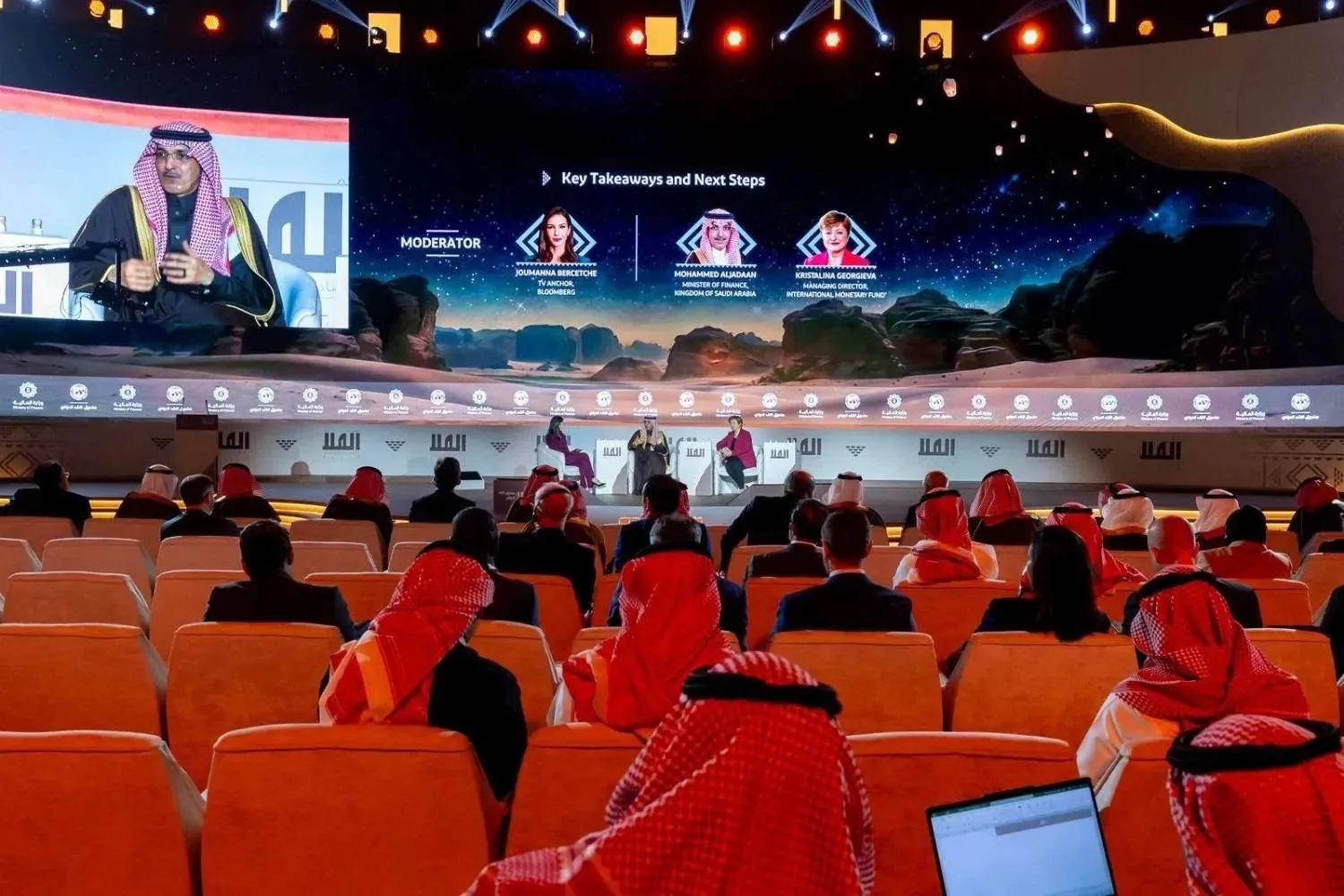Saudi Arabia’s debt market has doubled to nearly SAR 800 billion ($213.3 billion) by the end of last year, up from SAR 400 billion ($106.6 billion) in 2019, following regulatory reforms under the Kingdom’s Vision 2030.
Sukuk issuances rose by 40%, while liquidity grew by over SAR 2.5 billion ($666 million).
Mohammed Al-Quwaiz, Chairman of the Capital Market Authority (CMA), shared these updates during the Debt Markets and Derivatives Forum 2024 (DMDF 2024) in Riyadh on Sunday.
He said Saudi Arabia’s debt markets are becoming more attractive globally and are nearing a significant milestone under Vision 2030.
Al-Quwaiz noted that global debt markets are worth between $140 trillion and $150 trillion, compared to $115 trillion for equity markets.
He added that Saudi Arabia aims to join more global indices to attract foreign investment.
The focus now is on expanding the debt market’s reach, which is becoming more open to foreign investors than the stock market. Vision 2030 and its projects have also driven up borrowing demand.
Al-Quwaiz noted that bank financing is still the main borrowing source in Saudi Arabia, but the country has started using the debt market as well.
“We’ve seen significant growth in the stock market’s role in financing, and now the debt market is taking shape,” he said.
He explained that the debt market is built on three key foundations: the 2018 Bankruptcy Law, the creation of the National Debt Management Center, and the establishment of the National Committee for Debt Market Development.
This committee, led by the CMA, includes the Saudi Central Bank, the Financial Sector Development Program, the National Debt Management Center, and Tadawul, all crucial to the market’s regulatory and operational structure.
Khlood Al-Dukheil, CEO of Financial Analytics, told Asharq Al-Awsat that the debt market is vital for emerging economies as it provides companies with liquidity and investment opportunities.
“In Saudi Arabia, we are still in the early stages of developing this market,” she said.
“Initially, the government was the main beneficiary, but for the market to grow and deepen, it must also serve private companies and other sectors,” added Al-Dukheil.
The DMDF 2024 featured discussions where leaders from major financial firms talked about the improvements in Saudi Arabia’s debt market.
In a panel discussion called “New Horizons for the Debt Market,” CEO of Edaa, the Saudi central securities depository, Hanan al-Shehri noted that debt market issuances are now six times higher than those in the equity market, indicating significant progress.
Waleed Al-Rashed, CEO of Al Rajhi Capital, said debt investments are less risky than stocks or alternative investments, with returns between 5% and 8%, making them a solid choice for investors.
Majeed Al-Abduljabbar, CEO of the Saudi Real Estate Refinance Company, explained that the debt market helps provide liquidity, boosting economic growth and investment diversity.









